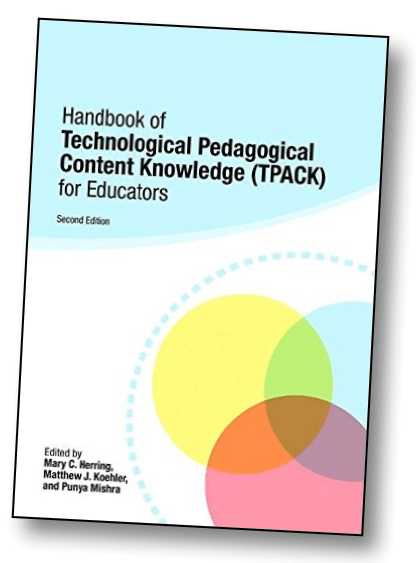Jared Diamond has an article on edge.org, somewhat provocatively titled: How to get rich? The question his after is simply, “what is the best way to organize human groups and human organizations and businesses so as to maximize productivity, creativity, innovation, and wealth?”
His final conclusion, based on his story of human history, are a couple of principles.
First, the principle that really isolated groups are at a disadvantage, because most groups get most of their ideas and innovations from the outside. Second, I also derive the principle of intermediate fragmentation: you don’t want excessive unity and you don’t want excessive fragmentation; instead, you want your human society or business to be broken up into a number of groups which compete with each other but which also maintain relatively free communication with each other.
I am not sure whether this knowledge will help make me rich, but it does indicate to me that the system I utilize in my teaching style (students working together in smaller groups, with open communication mechanisms between the groups) is reasonably sound. Also significant would be increasing diversity in the classroom – though that is not something I typically have any control over.



0 Comments